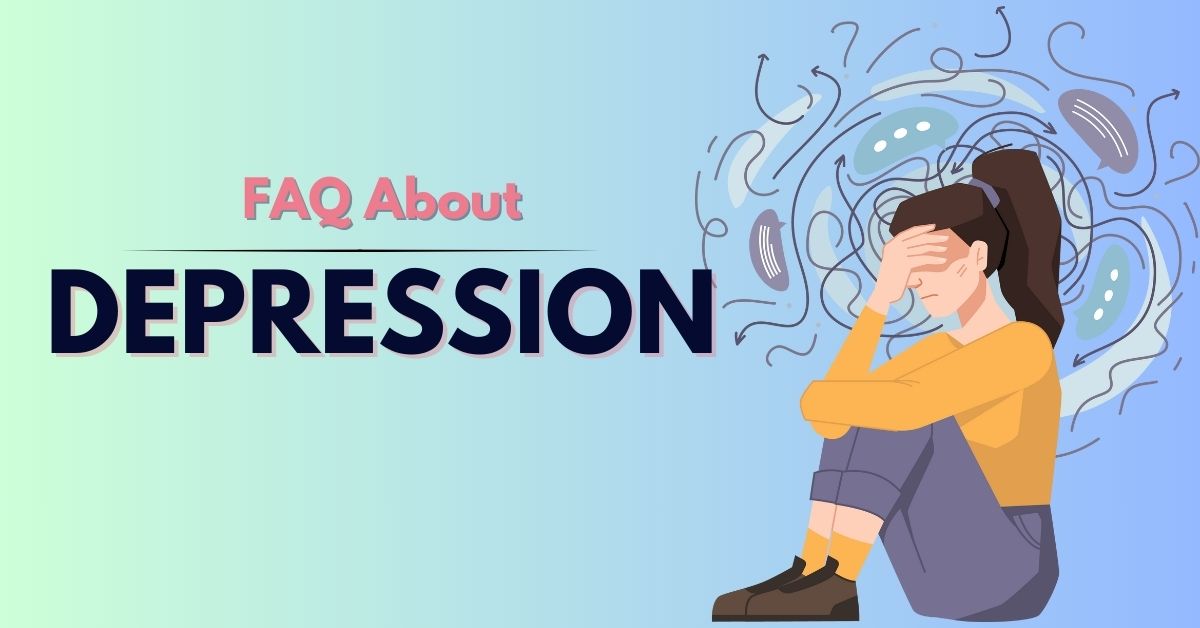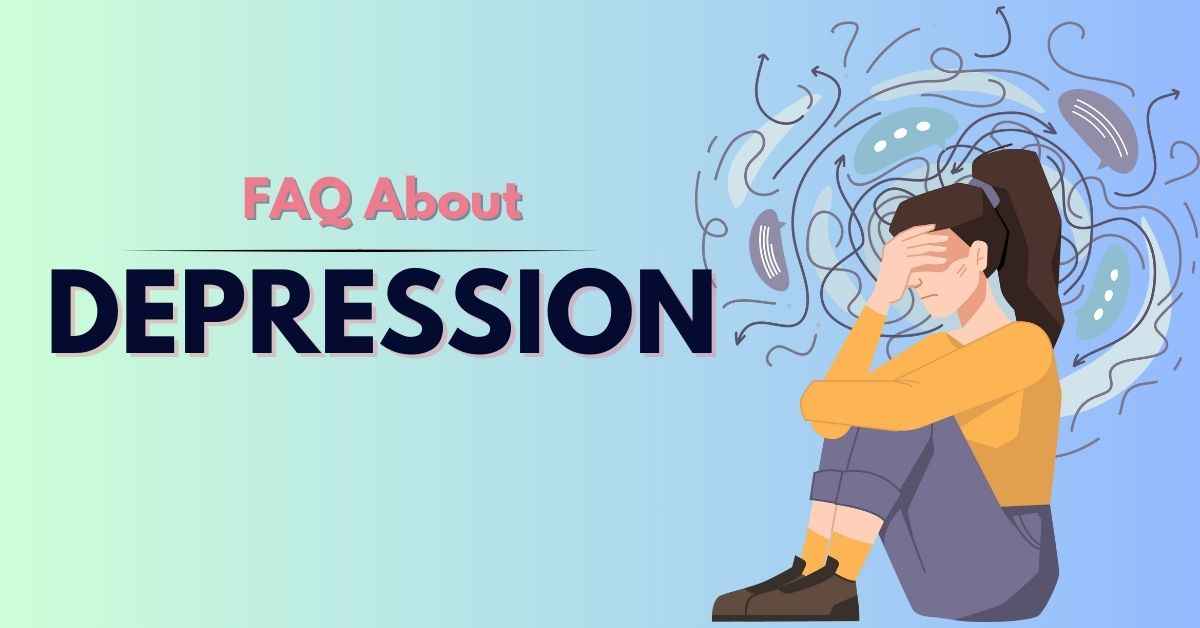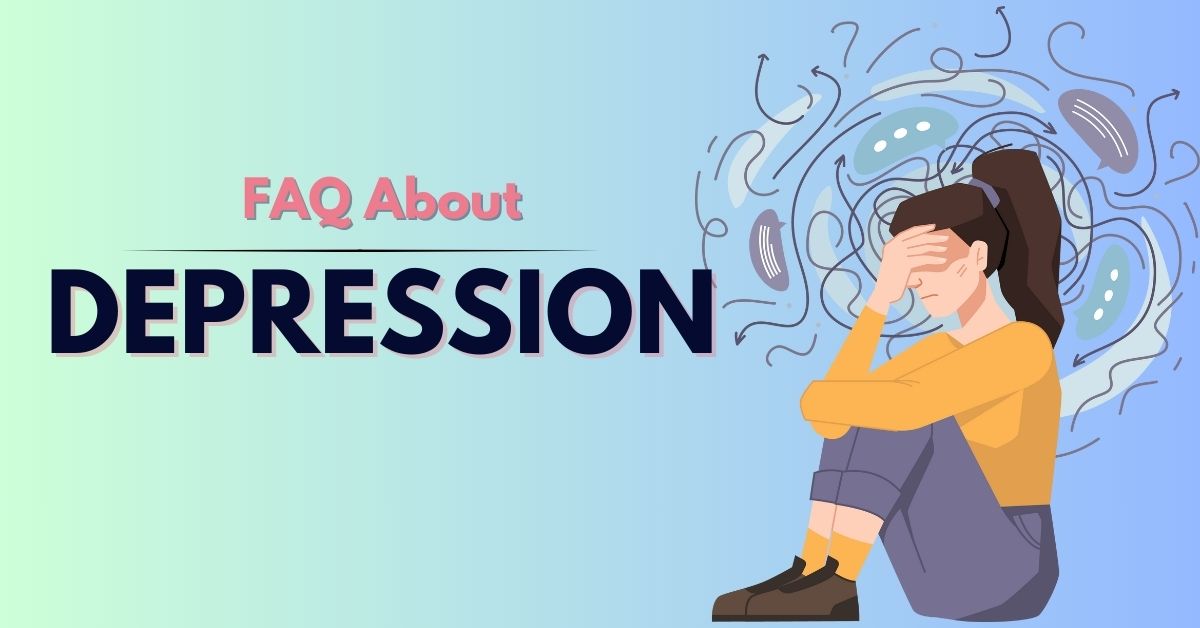Have you ever wondered, “Are depression tests accurate?” It’s a question many people ask, especially when navigating their mental health. With the rise of online tools and quizzes claiming to identify depression, it’s easy to feel curious yet skeptical. Let’s explore how these tests work, their reliability, and how they fit into the larger mental health picture.
What Are Depression Tests?
Depression tests are tools designed to measure the symptoms of depression. They often take the form of questionnaires, asking about mood, sleep patterns, energy levels, and more. Think of them as a thermometer for your emotional health– they give you a snapshot but not the whole picture.
Types of Depression Tests
- Clinical Assessments: These are conducted by mental health professionals. They involve structured interviews and validated questionnaires like the PHQ-9 (Patient Health Questionnaire).
- Online Self-Assessment Tools: Popular on websites and apps, these quizzes aim to offer insight into your mental health. While they’re convenient, their accuracy varies.
- Screening Tools in Schools or Workplaces: Organizations sometimes use screening tools to support employee or student well-being. These tests help identify potential issues early.
How Depression Tests Work
Depression tests usually evaluate symptoms over a set period, often two weeks. Questions might include: “Have you felt hopeless or down recently?” or “How often do you struggle with focus?” Each response is scored to determine whether you might have mild, moderate, or severe depression.
Are Online Depression Tests Reliable?
Online tests are convenient, but they’re like a map without a compass. They can point you in the right direction but shouldn’t be the only tool you rely on. Their reliability depends on factors like:
- Who Created the Test: Is it backed by mental health professionals?
- Scientific Validity: Are the questions based on recognized standards?
- Purpose: Is the test meant for fun or serious evaluation?
The Role of Professionals in Diagnosing Depression
Depression diagnosis goes beyond a questionnaire. Mental health professionals consider:
- Medical History
- Lifestyle Factors
- In-Depth Conversations
They connect the dots in ways a simple test cannot.
Limitations of Depression Tests
Depression tests aren’t perfect. Here are some key limitations:
- Lack of Nuance: They can’t account for personal circumstances.
- False Positives or Negatives: Results may exaggerate or overlook symptoms.
- No Substitute for Diagnosis: Tests can’t replace the expertise of a trained professional.
Can Depression Tests Mislead?
Unfortunately, yes. A test might suggest depression when it’s actually stress or anxiety. Or, it might miss symptoms due to poorly worded questions. Think of it as a blurry photo—you get the idea, but the details are fuzzy.
Why People Use Depression Tests
- Self-Awareness: Many want to understand their emotions better.
- Convenience: Quick and private, tests are easy to access.
- Starting Point: They help initiate conversations about mental health.
How to Use Depression Tests Effectively
To make the most of depression tests:
- Treat Them as a First Step: Use them to identify potential issues.
- Follow Up: Share your results with a professional for proper evaluation.
- Stay Critical: Be mindful of tests with vague or unscientific claims.
Real-Life Stories and Experiences
One user shared: “Taking an online test helped me recognize I needed help. It wasn’t accurate, but it got me thinking about my mental health.” These stories remind us that tests, while not perfect, can spark important changes.
The Importance of Context in Mental Health
Mental health isn’t one-size-fits-all. A quiz can’t know if your sadness is due to grief, burnout, or a deeper issue. Context matters—and that’s where human insight comes in.
Alternatives to Depression Tests
If you’re unsure about depression tests, consider:
- Journaling: Reflect on your emotions over time.
- Talking to Trusted Friends: They may notice patterns you don’t.
- Professional Consultations: Always a gold standard for clarity.
When to Seek Professional Help
Feeling overwhelmed? It’s time to seek help if:
- Your symptoms last more than two weeks.
- You experience thoughts of self-harm.
- Everyday tasks feel impossible.
Conclusion
So, are depression tests accurate? The short answer: they’re helpful but not definitive. Think of them as a flashlight guiding you through a dark forest. They illuminate the path but don’t show the entire landscape. If you’re struggling, trust your instincts and reach out to a professional.
Also Read: Can Depression Be Cured?
FAQs
Q: Can an online depression test diagnose me?
A: No, only a mental health professional can provide a diagnosis.
Q: Are depression tests scientifically validated?
A: Some tests, like the PHQ-9, are evidence-based. Others may lack scientific backing.
Q: How often should I take a depression test?
A: It’s best to consult a professional before making it a routine.
Q: What if a test says I’m not depressed but I feel off?
A: Listen to your feelings and seek a professional opinion.
Q: Can I trust depression tests on social media?
A: Most social media tests are for entertainment and lack accuracy.



